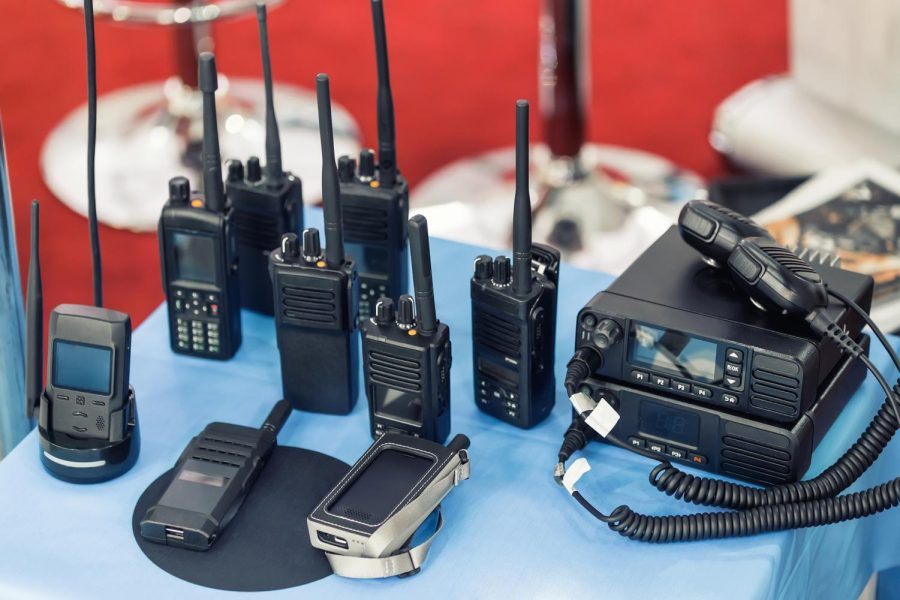Encrypted police channels are harmful to transparency
Police scanners have been a way for citizens to stay informed but major cities like Chicago are moving to encrypted channels.
By the end of 2022, all of the Chicago Police Department’s radios will be moved to digitally encrypted channels. This move ultimately results in a transition towards a lack of transparency.
Police scanners have long been used by many in order to stay informed about local criminal activity in real time. While physical radios are not as commonplace as they once were, mobile apps have been a popular way to get the job done. As protests erupted across the nation in May of 2020, several of the top police scanner apps saw a dramatic increase in downloads.
People have a desire to know about activity by both police and criminals; however, being able to stay informed in real time will be much more difficult with the transition to digital encryption.
The encrypted CPD channels will still be available to the public via Broadcastify, a free audio streaming website; however, the broadcasts will be subject to a 30-minute delay, a massive difference compared to the usual delays of under 2 minutes on the website.
Chicago is just one of several cities across the country, such as Louisville and San Francisco, to make the transition to digital encryption.
The safety of police officers is one of the concerns that arose amid the 2020 protests that led to this move. Another benefit of limiting public access to police channels is for confidentiality. Officers may communicate names, addresses, points of contact or other sensitive information on civilians to each other over the radio. Another issue that arose during the 2020 protests was the disruption of police communications. CPD ran into several instances of jamming in 2020 including the playing of music over the transmission.
Traditional police scanners also carry concerns regarding criminals having a tactical advantage. Decatur police chief James Getz, whose city switched to digital encryption in 2020, told WCIA News, “Late last year (2019) we started noticing criminals were monitoring where we might have our officers tied up at. If we had a shooting on the east side of town, it became very apparent from radio traffic that we were on the east side of town.”
Broadcastify’s founder, Lindsay Blanton, disagrees with this claim in an interview with Built In.
“Nobody’s getting a real tactical advantage over the police by listening to their day-to-day operations, so we categorically reject that assertion,” Blanton said. “We’ve never had a law enforcement agency present us with evidence that we’ve put officers in danger by what we do.”
While digital encryption has its benefits, the transition raises concerns regarding the future of transparency. Police scanners are important to journalism, which in turn is important for citizens to receive the news.
Some news journalists and photographers rely on police scanners, especially for incidents such as car accidents or fires that may look very different over the course of 30 minutes. Getting to the scene quickly is also important for reporters in order to have a better understanding of an incident without having to rely on police information that could be intentionally misleading.
The transition to encrypted police scanners is a step backward in the way of accountability and pushes the envelope toward limiting access to police communication.













